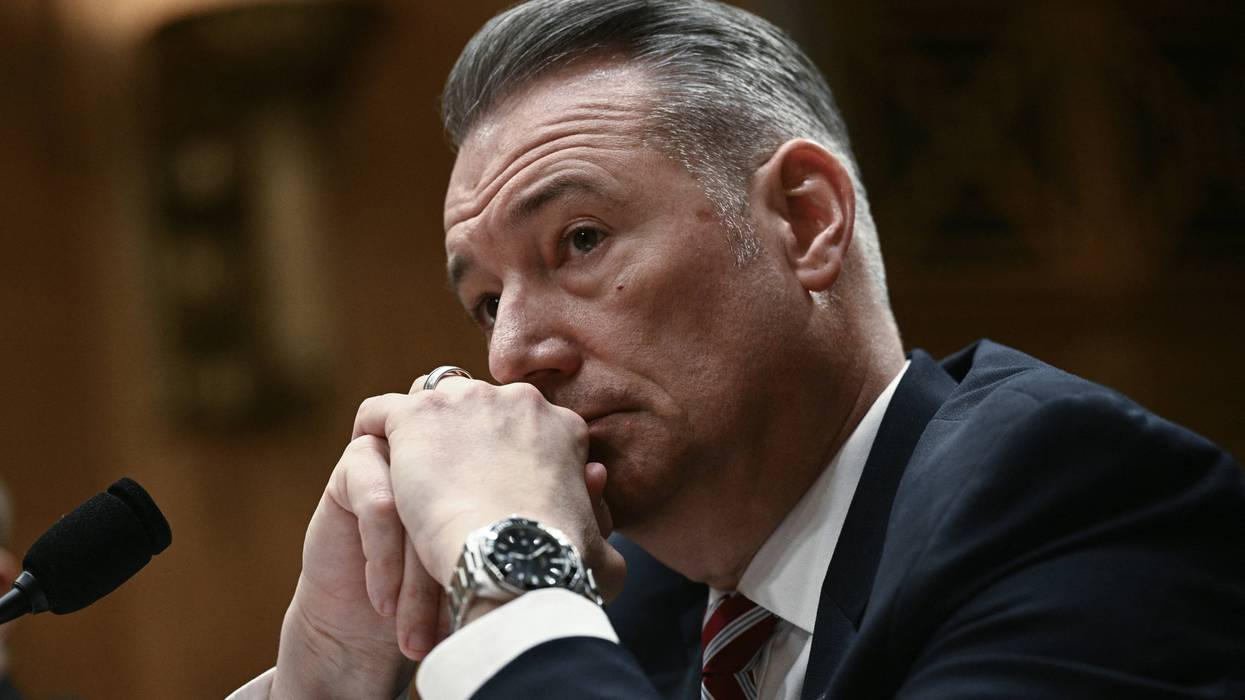The journalists said that after reporting on conditions at the border, they were detained by US border officers and questioned about their sources and observations while reporting, which they said was a violation of their First Amendment right in a lawsuit.
"It’s clear the government’s actions were meant to instill fear in journalists like me, to cow us into standing down from reporting what is happening on the ground," said Guan, a freelance photographer who has contributed to Reuters, Bloomberg, the New York Times, and the Wall Street Journal, among other publications.
Shortly after these five journalists were detained, NBC News reported that they were targeted as part of a broader operation by US Customs and Border Protection's (CBP) San Diego sector to detain and interrogate a list of dozens of journalists, lawyers, and activists labeled as "instigators."
Others on this list who were detained, including US citizens, reported being aggressively interrogated about their political views and opinions about the Trump administration.
Tactics have only grown more aggressive during President Donald Trump's second term: Federal immigration agents have hauled off journalists in unmarked vans for recording them, and the administration has repeatedly asserted, incorrectly, that it is illegal to film ICE agents on duty or reveal their identities.
Homeland Security Secretary Kristi Noem has claimed that recording ICE agents in public constitutes “violence” or a “threat” to agents' safety, and a DHS bulletin issued last year has classified recording at protests as “unlawful civil unrest."
However, several federal courts have overwhelmingly held that the First Amendment protects the right to film law enforcement, including ICE and Customs and Border Protection.
Esha Bhandari, director of the ACLU Speech, Privacy, and Technology project, said the settlement, reached in January, affirms that "the First Amendment applies at the border to protect freedom of the press."
As part of the settlement, CBP will be required to issue guidance to certain border units on First Amendment and Privacy Act protections that apply when questioning journalists at the border.
While the scope of the settlement is limited and does little to protect journalists under threat nationwide, Kitra Cahana, an award-winning photographer and another plaintiff, said it still serves as an important affirmation of press freedom.
“This settlement confirms what we already knew: what happened to us was wrong,” Cahana said. “Government officials should never put journalists on secret lists, interfere with our ability to work and travel, or pressure us for information at border crossings."
"My biggest fear is that other journalists may have avoided important stories out of fear of being targeted themselves," she added. "Press freedom is not a partisan issue. Everyone should be alarmed when journalists are targeted.”




